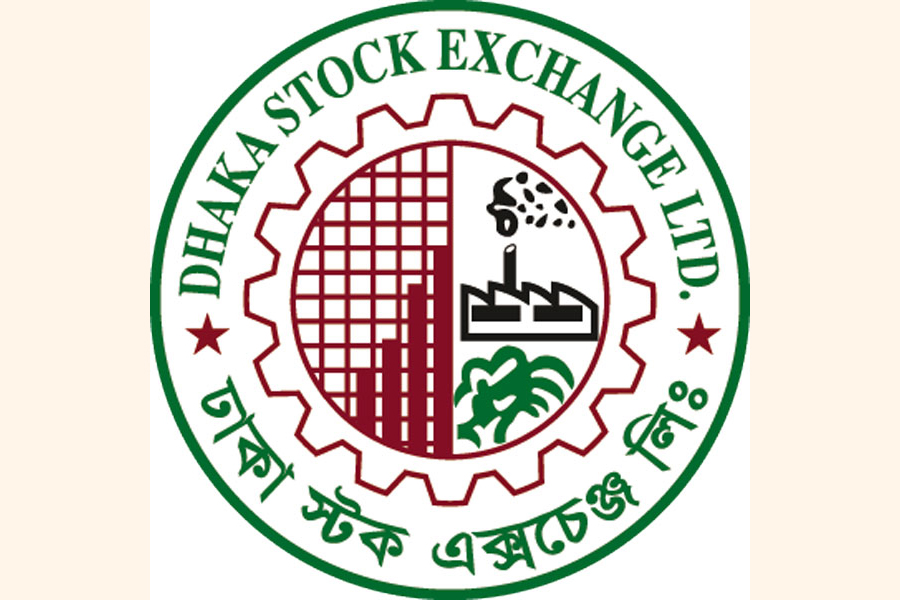DBA submits 3-point proposal for prime bourse
Experts warn of risks to DSE demutualisation goals

Published :
Updated :

Experts have strongly criticised the DSE Brokers Association's (DBA) proposal to appoint the chairman of the Dhaka Stock Exchange (DSE) from among the shareholder directors.
They argue that this move could undermine the demutualisation objectives of the exchange if it leads to a loss of majority control by independent directors on the board.
This criticism follows a three-point proposal submitted by the DBA to both the finance adviser and the securities regulator on Sunday.
The DBA has proposed a structure for the board of the exchange that includes an equal number of shareholder and independent directors, with the chairman to be appointed from the shareholder directors.
As per the demutualisation act, the DSE board consists of 13 members -- seven independent directors, four shareholder directors, one strategic partner, and the managing director.
The DBA proposed increasing the number of shareholder directors to six and reducing the number of independent directors from seven to six.
The objective of appointing a majority of independent directors and selecting the chairman from this group was to mitigate conflicts of interest that previously arose from a dominance of the shareholders.
Faruq Ahmad Siddiqi, former chairman of the Bangladesh Securities and Exchange Commission (BSEC), said the main objective of demutualisation was to diminish the influence of shareholders on the board.
"A majority of independent directors is essential for the exchange's board. Without it, there is a risk that shareholders will once again exert undue influence over the board and management," Mr. Siddiqi added.
About the proposal of appointing the exchange's chairman from shareholder director, Siddiqi said, "It's totally an illogical proposal."
He said the exchanges cannot yet be considered fully demutualized, as shareholders' dominance issue remains unaddressed as a portion of shareholder stakes has not yet been transferred to the public.
Following the 2013 demutualisation, the primary shareholders (stock brokers) were allocated 40 per cent of the exchange's shares. These shares are to be retained by the brokers as long as they remain in business.
Another 25 per cent of stakes were sold to a Chinese strategic partner and the remaining 35 per cent shares were supposed to be handed over to the public through IPO (initial public offering).
"The demutualisation process will not be complete until the 35 per cent of stakes are transferred," Siddiqi added.
In its proposal, the DBA has also made a plea to form an inquiry committee to probe all irregularities in the capital market over the last 15 years.
Dr. Mohammed Helal Uddin, a professor Economics at Dhaka University, said the so-called practice of influencing the board will return if the independent directors lose their majority.
Secondly, even the majority of independent directors will not be able to serve the purpose of demutualisation if the exchange nominates persons who will remain loyal to the shareholders, he said.
"Qualified personnel must be appointed as independent directors in the interest of the country's capital market," Mr. Helal said.
Another demand made by the DBA is to re-evaluate the exchanges' demutualisation act, 2013.
In its proposal, the DBA said they made the pleas to turn the DSE into an independent, strong and effective organisation.
They also said the independent directors have sole dominance in the board because of their majority and the DSE has become an ineffective organisation since the implementation of demutualization process in 2013.
mufazzal.fe@gmail.com


 For all latest news, follow The Financial Express Google News channel.
For all latest news, follow The Financial Express Google News channel.